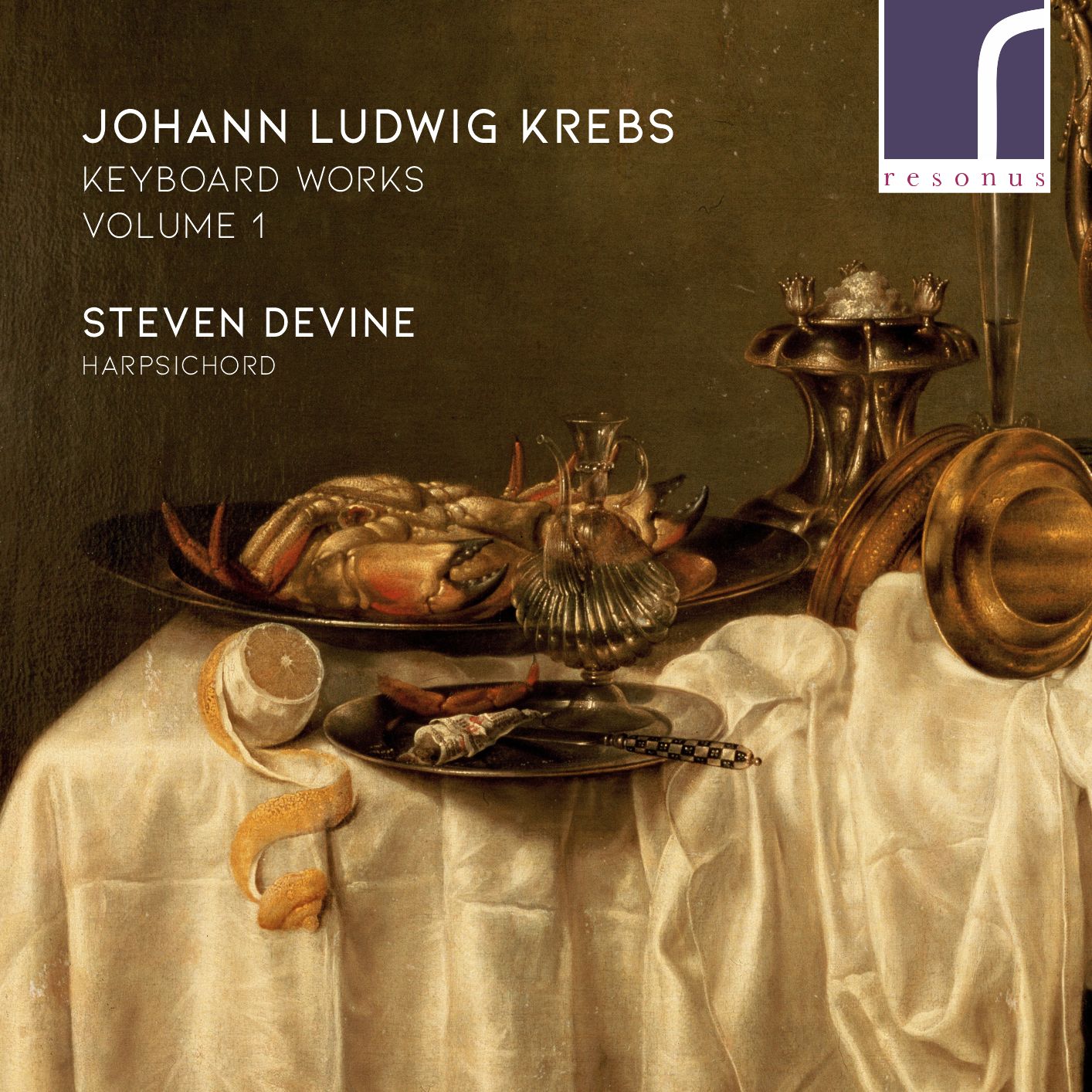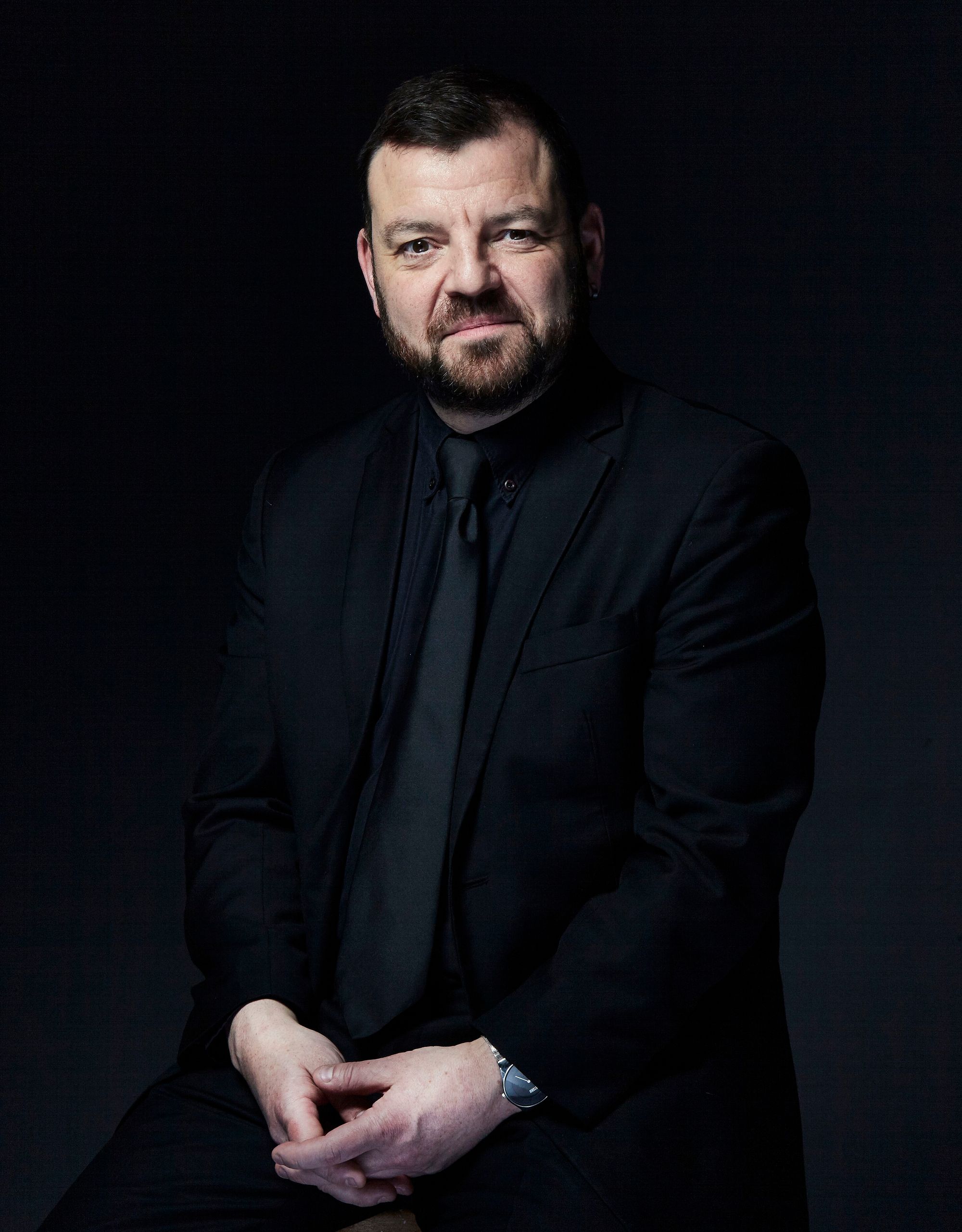Johann Ludwig Krebs: Keyboard Works
Superb performances and a superb recording: theideal introduction to Johann Ludwig Krebs. Roll on Volume Two!

Performed on a double-manural harpsichord by Colin Booth (2000) after a single-manal harpsichord by Johann Christof Fleischer (Hamburg, 1710), the excellent harpsichordist Steven Devine performs music by Johann Ludwig Krebs, a composer born in Weimar in 1715 whose father Johann Tobias Krebs had studied with the great Johann Sebastian Bach (as did Johann Ludwig, who was a massive admirer of the Master. We know Johann Ludwig spent the final 14 years of his life as organist at the Schlosskirche,Altenberg.
The post-J. S. Bach world found composers exploring new modes of expression via the galant style, not least Bach's own sons, Carl Philipp Emmanuel and Whilhelm Friedemann; and of course, the "London" Bach, Johann Christian. Krebs' Partita in A minor (Krebs-WV 825) is an example of this move away from J. S.'s world while acknowledging the Krebs's admiration. So while we start with a Fantasia that clearly references the stylus phantasticus, we move to a Fuga in four voices that includes both the interval of an augmented fourth and some remarkable chromaticism:
There is also a "Pastorale" that is clearly part of this "gallant" style. It's a simply beautiful, elegant movement, superbly played by Devine, and how he sparkles in the following Menuett before a sprightly, angular Gigue. Let's hear the Pastorelle and Menuett:
That final Gigue puts me in mind of Mozart's stand-alone Gigie, K 574 (I've chosen Uchida here because she's not as rapidfire as some, which helps the comparison):

In the video that accompanies the disc on YouTube, Devine refers tot he set of Fugues that follow as "wonderfully bizarre, a fusion of the old contrapuntal style" with Krebs' "unique and sometimes zany harmony". Let's enjoy the energy of the F-Major Fuga, Krebs-WV 845. There's a lovely, slightly bonkers bit just after half way through which equates to Devine's description of "zany":
The F-Minor Fugue (Krebs-WV 846), though, sounds more "traditional" before the clear brightness and "newness" of the G-Major (Krebs-WV 847), making a beautifully contrasting pair:
The disc ends with a Concerto in G-Major "In italienischen Gusto" (In the Italian Style), Krebs-WV 821. There is a clear link in title to Bach's piece of that name but Krebs' is perhaps a touch less overtly virtuosic, yet there are real parallels in mood, and in the evocationof orchestral gestures (let's hear one against the other in the first movement, the Bach with the great Ralph Kirkpatrick on harpsichord):
Both Bach and Krebs have a slow central movement with a long melody against a repeated equal-rhythm accpaniment, and although the Bach is heavenly, so, it turns out, is the Krebs. Devine plays this beautiully, with just the right amount of rubato:
The ifnale sparkles, and contains plenty of contrasts, the perfect way to round off Volume One:
The pieces are recorded at A = 415Hz (modern pitch is A=440Hz) and with Werckmeister temperament.
Here, to round off the post, is Steven Devine's own brilliant introduction to his disc:
Superb performances and a superb recording: the ideal introduction to Johann Ludwig Krebs. Roll on Volume Two!
